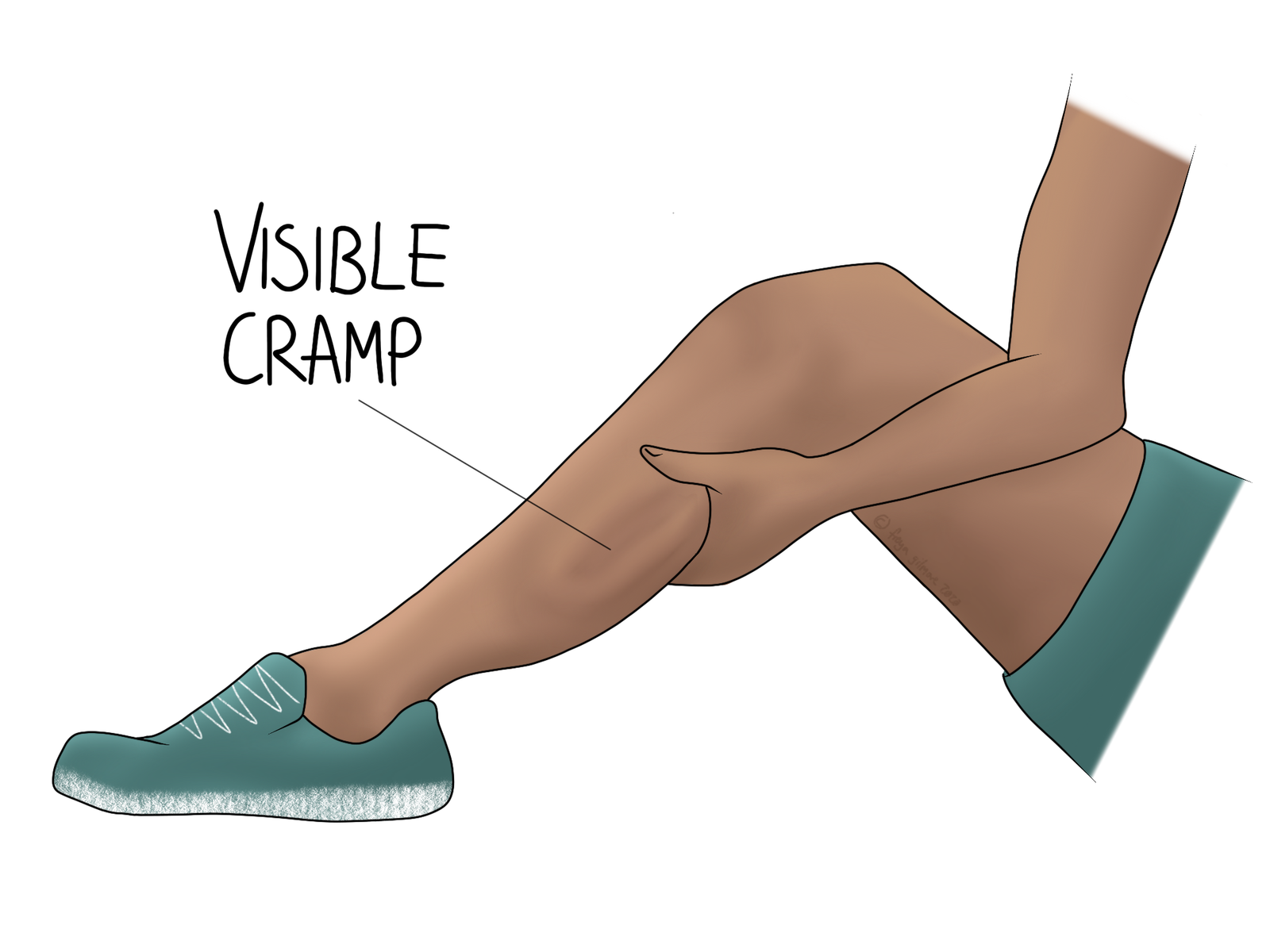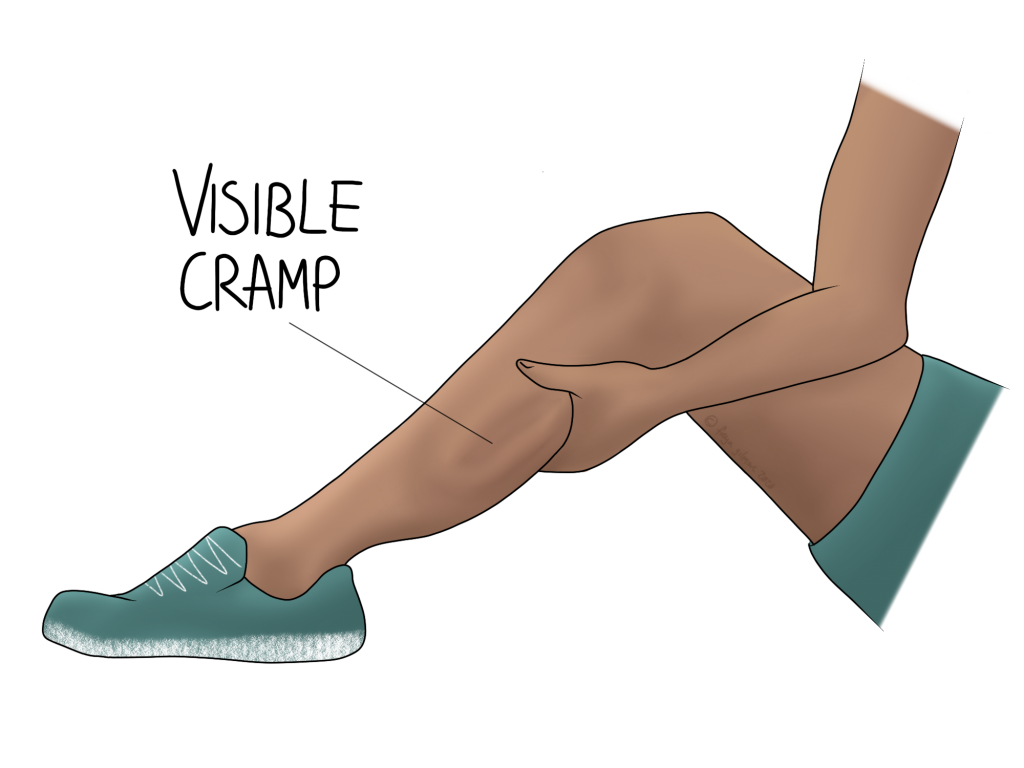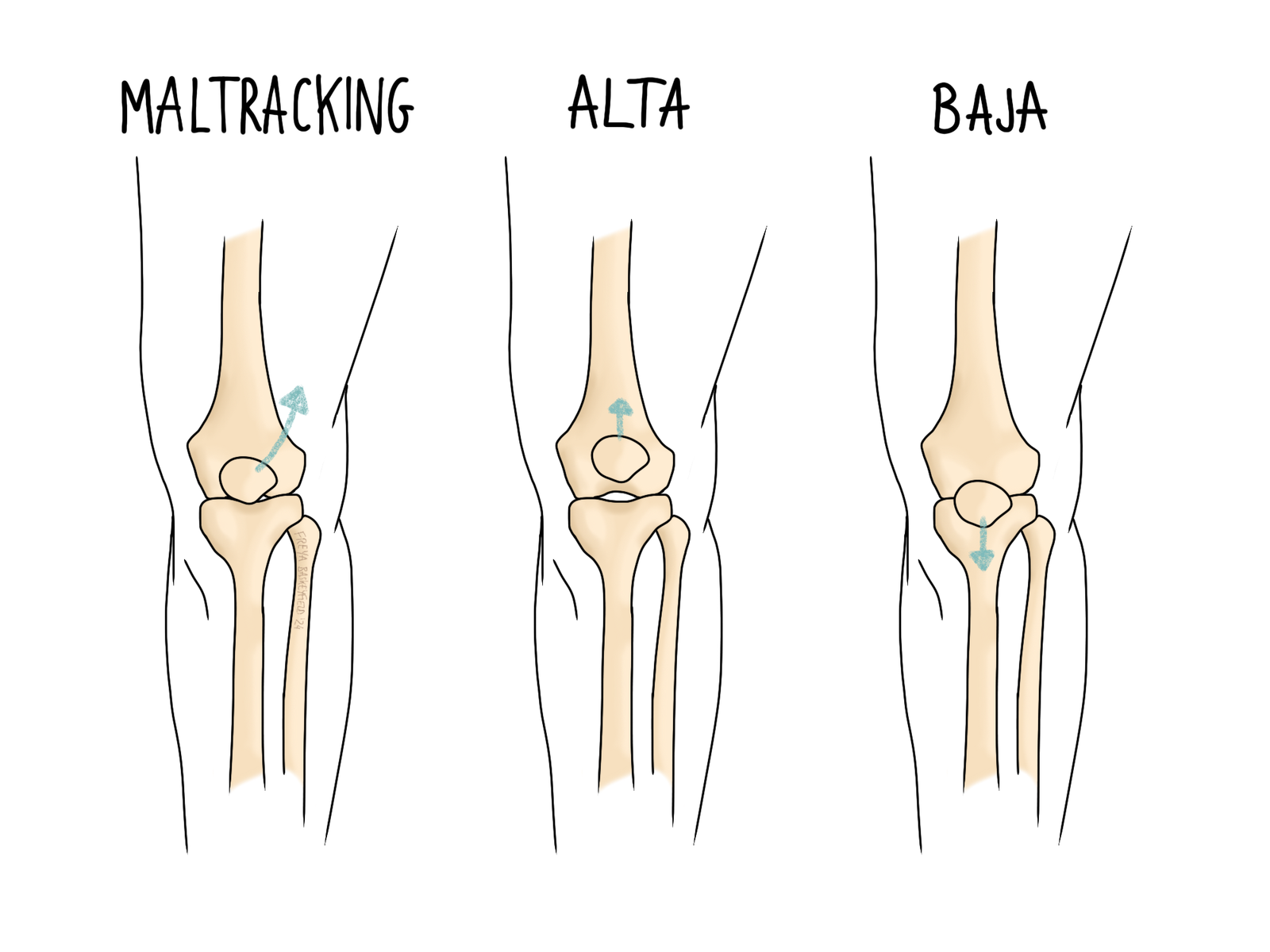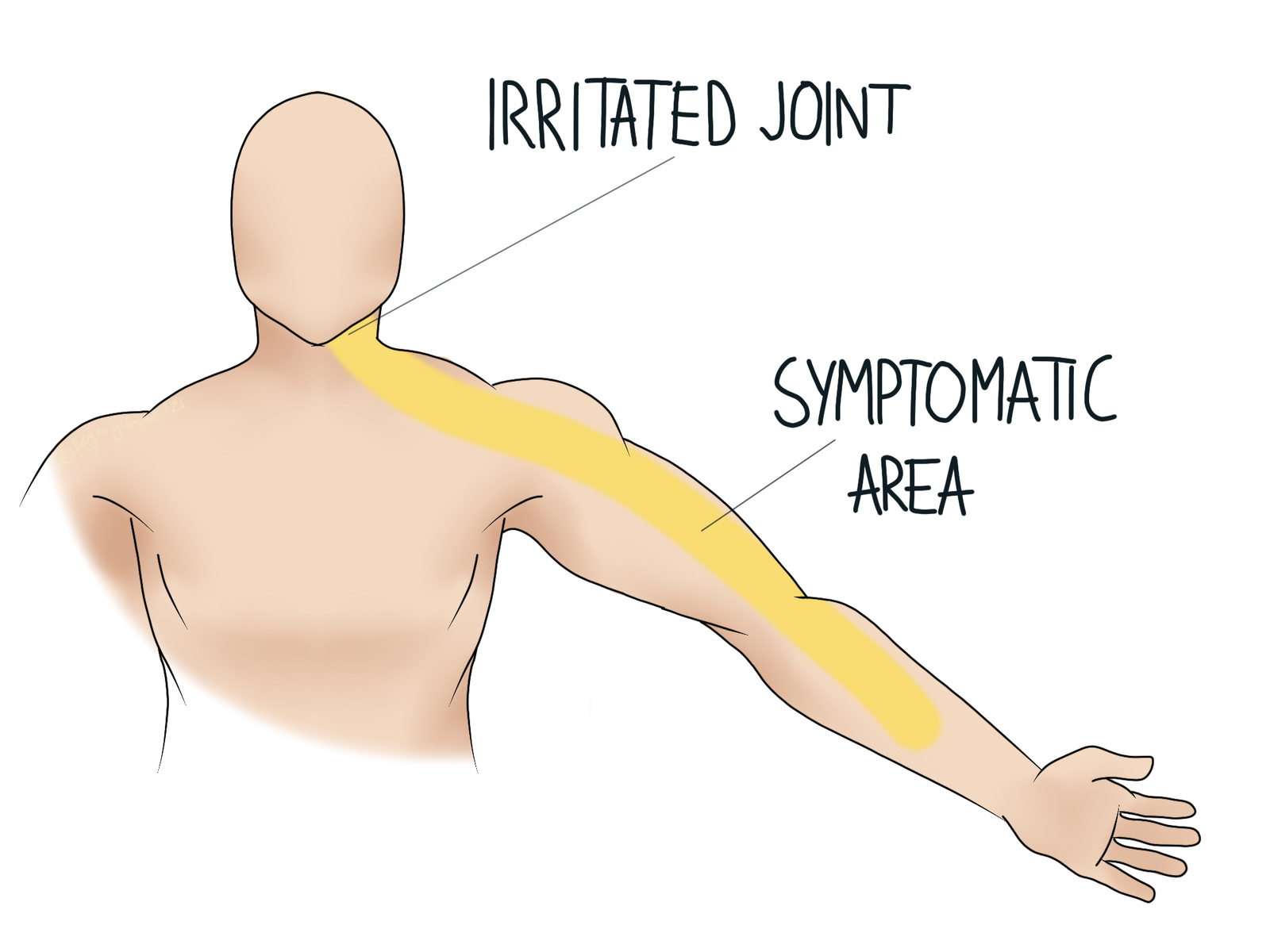We've all heard of IBS, but what is it really? It can't be diagnosed by…

Cramp
Most of us have had the unpleasant experience of a cramp at some point. Sometimes they can be stretched out, but other times they are unexpected and persistent. Recurrent cramps may benefit from osteopathic treatment.
The Science of Cramps
A cramp is an involuntary muscle spasm. Sometimes you can even see a cramp, and if you have, you might have noticed that only a small portion of the muscle is involved. Muscles are made of tiny fibres that each contract to give the muscle movement as a whole. A small group of fibres are affected during an episode of cramp.
Beyond that, there is very little that the research can tell us about how cramps happen. Contrary to popular belief, normal electrolyte imbalances and dehydration have not been proven to cause cramps.
We do know that some medications can lead to more frequent cramps. Statins and diuretics are two groups that have been particularly well associated, which may explain the increase of incidence with age. We also know that being on a lot of medications at one is another risk factor. Fortunately, manual therapy has been demonstrated as an effective management strategy for cramps associated with medication.
Populations Affected by Cramp
Alongside people on multiple medications, there are some other groups of people who are disproportionately affected.
Pregnancy can come with many side effects, and cramping is one. The physiology is unknown, but patterns in incidence have been identified. The final three months of pregnancy are more likely to come with cramps than the rest, and when they do come, they tend to be overnight. Interestingly, many over 60 year olds also report that their cramps are worst overnight.
Cramping is also associated with exercise. As mentioned above, hydration and electrolyte balance have not been proven to have links with cramps in human research. Studies to investigate whether stretching before exercise could reduce symptoms have not had positive results either, although stretching is still a good idea!
People with liver and kidney disease are also affected more than the general population. Diabetic people are also noted to suffer more cramps than average. Unfortunately, the science to explain these links has not yet materialised.
Treatment and Management
We know that hands-on treatments such as osteopathy can help people who suffer from cramps. This is especially true in older people whose symptoms appear at night.
Treatment might include local work to the symptomatic area, or your osteopath may find other areas that could be related. It is possible that the affected muscles may be overworked in daily life, in which case it might be useful to work into the other muscles and joints that are underworking.
As we know that some people find stretching a cramp out when it happens to be beneficial, your osteopath can also advise you with exercises.
If you suffer from cramping more frequently than you would like, you can book an appointment here now.




